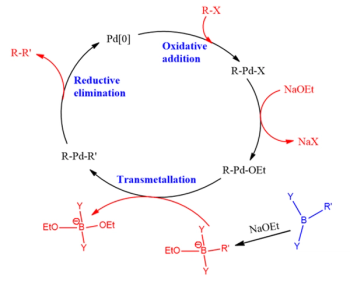
Electronic lab notebook
Agilent Technologies has announced that Merck-Serono has selected the company?s OpenLAB ELN to enhance scientific collaboration globally throughout R&D for finding new small molecules and biopharmaceuticals.
Agilent Technologies has announced that Merck-Serono, a division of Merck KGaA, Darmstadt, Germany, has selected the company’s OpenLAB Electronic Lab Notebook (ELN) to enhance scientific collaboration globally throughout R&D for finding new small molecules and biopharmaceuticals.
"The Agilent partnership with Merck-Serono illustrates the strength of OpenLAB ELN as a collaboration platform protecting research IP," said Bruce von Herrmann, vice president and general manager, Agilent Software and Informatics. "It is gratifying to work with their researchers ¬— across multiple scientific disciplines — with tools to build a knowledge base integrated into their overall discovery system landscape."
According to the company, approximately 600 Merck-Serono biology researchers at facilities in Geneva, Darmstadt and Boston will be using the ELN to collaborate on research projects. The ELN is reported to feature the ability to design and customize experiment templates and then enable scientists to create, share and reuse these templates. The maunfacturer claims the benefits also include delegation workflows and audit trails.
Delegation workflows allow multiple scientists to collaborate on a single experiment, entering data and results from multiple techniques on a single sample or multiple samples. The audit trails maintain an environment that are reporetd to deliver a high level of intellectual property protection.
For more information visit
Newsletter
Join the global community of analytical scientists who trust LCGC for insights on the latest techniques, trends, and expert solutions in chromatography.




